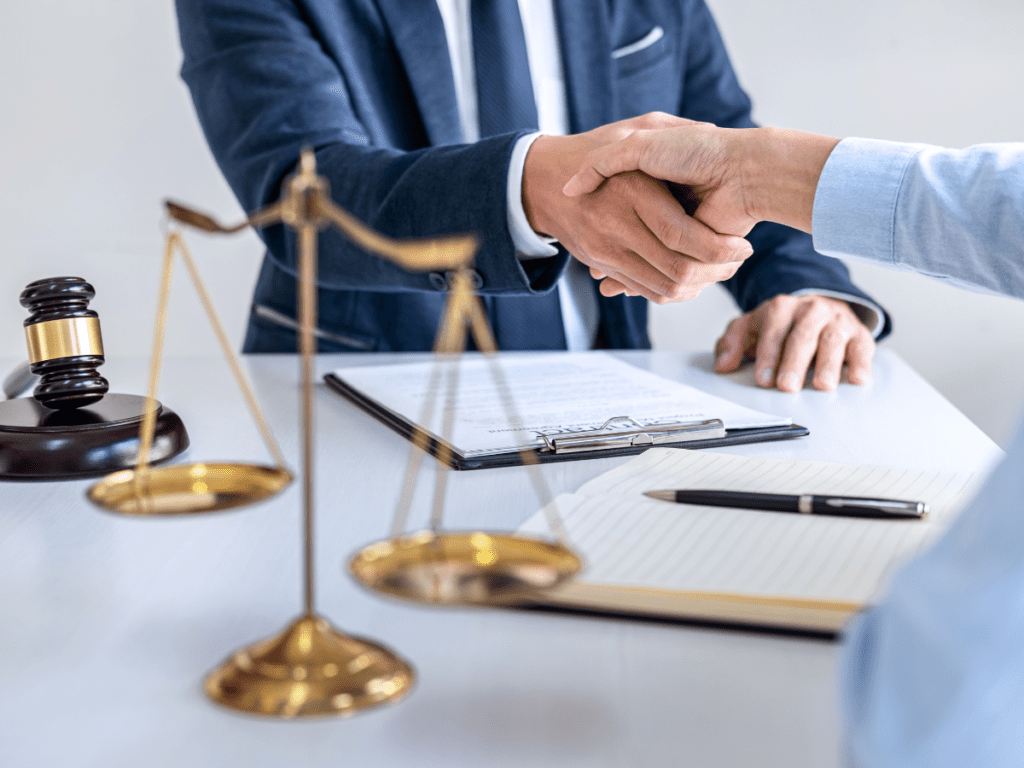How Long Does a Personal Injury Lawsuit Take?

In Florida, it may only take a few months for your attorney to negotiate a fair personal injury settlement. However, it will require more time if you have to take the defendant to trial, and the process may take up to two years or longer to complete.
It’s not easy to predict how long your case is going to take because the other side may delay the process as much as possible, hoping to get you to accept a smaller settlement than you deserve. Your attorney may recommend waiting to seek a final settlement until you know how much your treatment is going to cost. There are additional factors that may extend the time frame, such as cases that involve more than one defendant.
To get the best possible payout, you’ll want to find a Florida Personal Injury Lawyer who knows how to stand up to the big insurance companies. If your attorney has a reputation for being a pushover who takes whatever the other side is willing to give and settles quickly, then you aren’t going to get a fair offer. When you choose an attorney who puts in the work and fights hard for their clients, the other side is forced to negotiate in good faith.
What Factors Can Lengthen the Litigation Process?
If you were injured in an accident, you’re going to have a lot of expenses. This may include medical bills, time missed from work, rehabilitation, occupational therapy, and medical devices. There may be additional expenses, such as in-home nursing care and wheelchair ramps for your home.
The other side will probably make a lowball offer that doesn’t come close to covering your expenses. That’s why the Weston Personal Injury Lawyers at Justin Morgan Law are always prepared to take your case to trial. Factors that determine how long a trial will take include:
- The severity of your injuries. Once you’ve reached a settlement agreement, you won’t be able to go back for more money. There may be setbacks during the treatment process, and the full extent of injuries, such as whiplash and nerve damage, become fully apparent over time. That’s why many Personal Injury Attorneys recommend waiting to complete negotiations until you reach the point of maximum medical improvement (MMI).
- The number of parties involved. One factor that may cause negotiations to take longer is having more than one defendant. For example, your attorney may file a claim against the drunk driver that ran into you. If the driver is under 21, your attorney can also file a claim against a restaurant that served an underage patron if they are proven liable under Florida’s dram shop laws. In many cases, lawyers wait to see how much other defendants are willing to pay before making their final offer.
- Delay tactics. The other side might intentionally delay the process to get you to settle for less than your case is worth. This includes foot-dragging tactics like waiting to respond to letters from your attorney, filing gratuitous motions to exclude evidence, and stretching out discovery.
- Taking on large interests. Big businesses, governments, and corporations will use all their legal resources to avoid taking responsibility for their actions. A lot of people may have been harmed by their negligent behavior, and they don’t want to set a precedent that will allow others to collect payouts for the same type of claim. For example, trucking companies that cut corners by skimping on repairs and automobile manufacturers that sell defective parts to millions of customers could face additional lawsuits if you win, and they’ll do everything they can to protect themselves.
How the Litigation Process Works
One reason why it’s difficult to predict how long a trial may take is because the other side may choose to settle at any time. It’s common for defendants to wait until the last moment before a trial begins to finally start negotiating in good faith.
Most cases don’t go all the way to trial. When they do, this is how the litigation process works in Florida:
Step 1 – Investigation. Your attorney will review the police report, interview witnesses, and collect evidence such as surveillance and dashcam footage to build a strong case.
Step 2 – Filing claims. Your attorney will file claims against your Florida Personal Injury Protection (PIP) insurance carrier and all parties whose negligent actions contributed to your injuries.
Step 3 – Negotiations. Your attorney will seek a reasonable settlement offer from the other side.
Step 4 – Filing a lawsuit. If the other side doesn’t make a fair offer, your attorney will take them to trial.
Step 5 – Discovery. Attorneys for both sides exchange information about the evidence and witnesses they will present at trial.
Step 6 – Trial. Your attorney will argue your case in front of a judge or jury.
Step 7 – Verdict. The court will decide if the defendant is required to pay damages to compensate you for your losses.